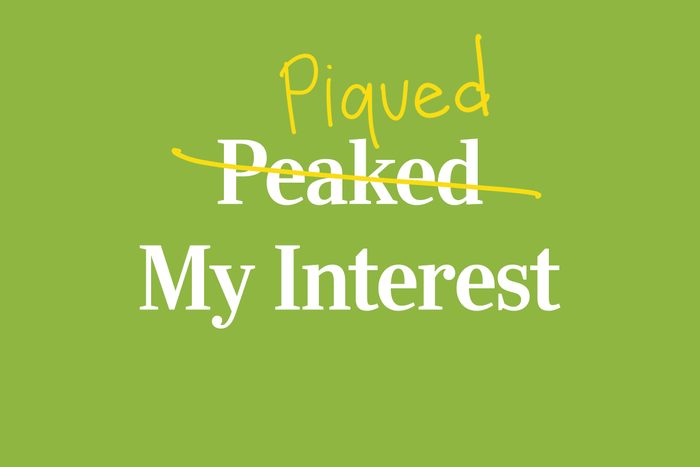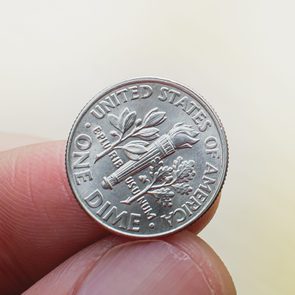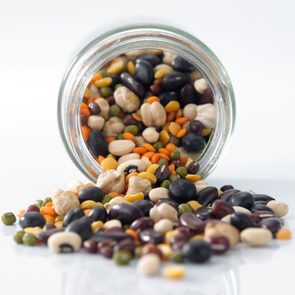Why Do We Say “Piqued My Interest”?
Updated: Jun. 08, 2024

The word "piqued" has more meanings than you might think!
“If you need me, I’ll be scrolling through Netflix, looking for something that piques my interest.” While the last three words of this sentence might seem like somewhat of a formal, fancy turn of phrase, they’re still common enough that you’ve probably seen and heard them. But…why? Why do we use this fairly unusual word, “piqued,” seemingly only when we’re talking about someone’s interest? Or else curiosity, as in “piqued my curiosity”? English has no shortage of head-scratching expressions including figurative ones like “break a leg” and “knock on wood.” “Piqued my interest” is a little less whimsical, but you still may have wondered what it’s all about. Let’s find out!
What does “piqued” mean?
You can probably figure out what “piqued” means from context clues—you say it when something has caught your interest, incited it, triggered it, or any number of synonyms. But what does this word, on its own, truly mean and where does it come from?
Well, surprisingly, there’s another pretty different meaning of this word that relates more directly to its origin. Yes, “pique” can mean “to excite or stimulate,” as in “piqued my interest.” But Dictionary.com actually lists a different definition of “pique” first. The word can also mean “to upset, irritate, or anger.” That’s a far cry from the curious, excited feeling you get when your interest is piqued (though, as dictionary.com points out, it could still be considered “excitement,” just a more negative version).
This definition of “pique” can also be a noun, too: “Pique,” as a noun, means the feeling of irritation that comes from an action that piques you. “His snide comment put me in a pique,” you could say. If the overuse of idioms piques you, find out why we say “cat’s out of the bag.”
Yet another meaning of “pique” is also a verb, and it basically means the same thing as “to pride oneself.” For instance, “She piqued herself on her Netflix binging speed.” But this use of the word is a little old-timey and Dictionary.com labels it “archaic.”
Why is “piqued my interest” correct?
When you hear this phrase, you might assume it’s “peaked my interest” or even “peeked.” But it’s neither of those—the correct word in this context is “piqued,” meaning “to excite or stimulate.” Using the wrong word is a common mistake, both because of how obscure a word “piqued” is and because it sounds just like “peaked.” “Piqued” and “peaked” are homophones, meaning they sound the same but are spelled differently and mean different things. “Peeked,” meaning “took a quick look,” is another homophone of these two, but “peaked” is more commonly confused with “piqued.”
This is likely because the word “peak” can be used in other instances to describe emotions: “My excitement peaked when Beyoncé appeared onstage,” for instance. “Peak” here means “reach its highest point,” a similar-ish but slightly different meaning from “pique.” But the phrase in question is “piqued my interest,” not “peaked my interest.” It’s also not “perked my interest,” yet another common substitution. Get a look at more common homophones that confuse people.
What’s the origin of “pique”?
The word “pique” dates back to the 1500s. If you thought that maybe the word sounded or looked French, because of the “QU” that’s pronounced like a “K,” you’d be right! It comes from the Middle French verb piquer, which meant “to prick.” So there’s a direct connection to harm and injury, leading to the word’s modern-day connection with emotional harm.
And, as Merriam-Webster points out, the more common, positive definition, as in “piqued my interest,” is still tangentially related to the piquer (“to prick”) word. While it may not be painful, having your interest or curiosity aroused is still an abrupt emotional response to a stimulus.
So now you know exactly where this word comes from—and that there’s more to it than meets the eye! We hope this little linguistic history piqued your interest! Next, find out why we say “close, but no cigar.”
Sources:
- Dictionary.com: “What’s The Difference Between ‘Piqued,’ ‘Peeked,’ And ‘Peaked?’”
- Dictionary.com: “Pique”
- Merriam-Webster: “Pique”
- Vocabulary.com: “peak/peek/pique”
- WriteAtHome.com: “Is Your Interest Piqued or Peaked?”
- Just Publishing Advice: “Is It Peaked, Peeked Or Piqued My Interest? Are You Curious?”






















